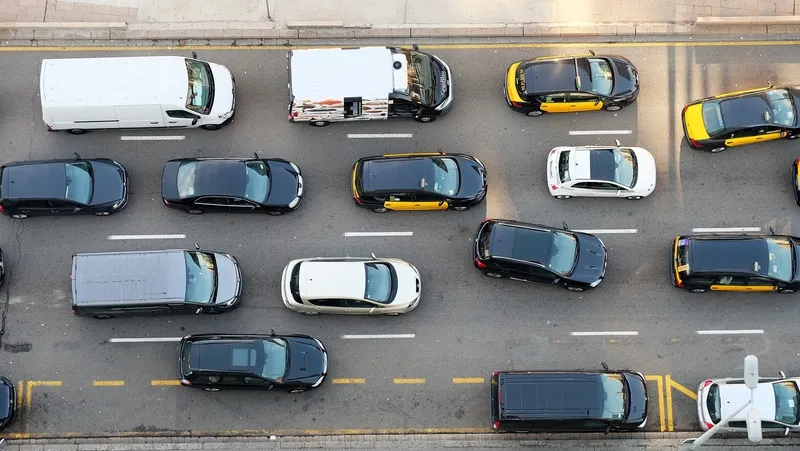A new research report from the UK’s Transport Research Laboratory (TRL) has revealed that 34,000 Brazilian lives could be saved and 350,000 serious injuries prevented by 2030, if UN vehicle safety regulations were adopted and car manufacturers sought to achieve higher ratings in the Latin NCAP crash test programme.
Published on the eve of the second High Level Conference on Road Safety in Brazil, the independent study, which was commissioned by Global NCAP, highlights the gap between the regulated vehicl
November 17, 2015
Read time: 2 mins
A new research report from the UK’s Transport Research Laboratory (491 TRL) has revealed that 34,000 Brazilian lives could be saved and 350,000 serious injuries prevented by 2030, if UN vehicle safety regulations were adopted and car manufacturers sought to achieve higher ratings in the Latin NCAP crash test programme.
Published on the eve of the second High Level Conference on Road Safety in Brazil, the independent study, which was commissioned by Global NCAP, highlights the gap between the regulated vehicle safety standards in the industrialised regions and Brazil. TRL’s findings closely align with the policy recommendations set out by the World Health Organisation (WHO) in their recent Global Status Report on Road Safety.
The new study concludes that Brazil “has started to introduce vehicle safety legislation and Latin NCAP is raising awareness about the importance of car safety and creating consumer based competition to motivate improvements”. However, “to help create an automotive market in Brazil that provides adequate levels of safety, further development of the minimum regulatory standards is required.”
Brazil has clearly made road safety a priority, and supporting much needed legislation will enable them to reach their road safety goals even faster. The report identifies clear regulatory priorities for Brazil including “the need to introduce a side impact crashworthiness test and to mandate for Electronic Stability Control (ESC) to be fitted to every new passenger car.”
The report also sets out a timetable for the adoption of these priorities which “are internationally proven to be cost effective countermeasures that save lives” and that there are clearly “established UN regulations available to apply now.”
Published on the eve of the second High Level Conference on Road Safety in Brazil, the independent study, which was commissioned by Global NCAP, highlights the gap between the regulated vehicle safety standards in the industrialised regions and Brazil. TRL’s findings closely align with the policy recommendations set out by the World Health Organisation (WHO) in their recent Global Status Report on Road Safety.
The new study concludes that Brazil “has started to introduce vehicle safety legislation and Latin NCAP is raising awareness about the importance of car safety and creating consumer based competition to motivate improvements”. However, “to help create an automotive market in Brazil that provides adequate levels of safety, further development of the minimum regulatory standards is required.”
Brazil has clearly made road safety a priority, and supporting much needed legislation will enable them to reach their road safety goals even faster. The report identifies clear regulatory priorities for Brazil including “the need to introduce a side impact crashworthiness test and to mandate for Electronic Stability Control (ESC) to be fitted to every new passenger car.”
The report also sets out a timetable for the adoption of these priorities which “are internationally proven to be cost effective countermeasures that save lives” and that there are clearly “established UN regulations available to apply now.”








